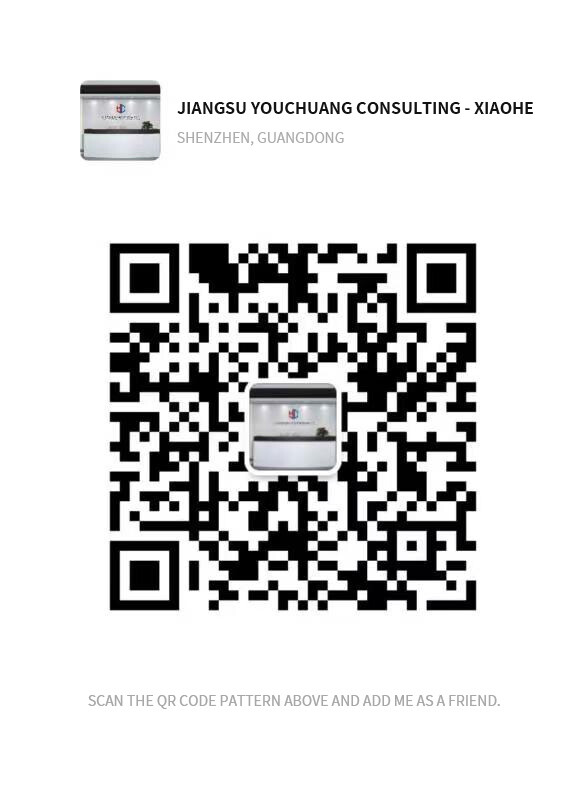Hello, welcome to the official website of Jiangsu Youchuang Testing and Certification Technology Co., Ltd.!
As global sustainable development continues to advance, global consumers are paying more and more attention to "green", "environmental protection", "regeneration", "organic" and "health". In order to meet the needs, major domestic and foreign brands and associations have successively formulated corresponding certification standards. How to occupy the market first and export abroad has become a problem that many Chinese companies must face. Therefore, many companies are actively passing such standard certification to obtain more orders.
The following editor will briefly introduce the common certifications in the textile industry: organic cotton OCS, GOTS certification, recycled GRS, RCS certification, responsible wool RWS certification, responsible down RDS certification, better cotton BCI certification, Oeko-tex certification, etc.
Organic Content Standard (OCS) Certification
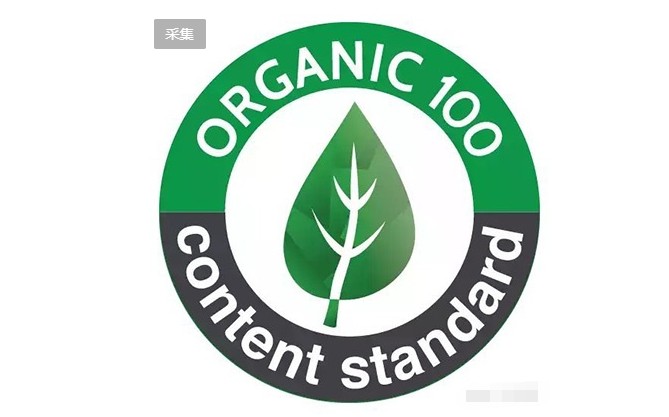
The purpose of GOTS certification is to ensure the organic status of organic textiles from the harvesting of their raw materials, socially and environmentally responsible processing to labeling, so as to provide trustworthy products to end consumers.
This standard covers the processing, manufacturing, packaging, labeling, trade and distribution of all textiles with a minimum content of 70% organic natural certified fiber. The final products may include (but are not limited to) fiber products, yarns, fabrics, clothing, textile fashion (wear) accessories, textile toys, home textiles, mattresses and bedding, and textile personal care products.
Summarize:
Certification object: Textiles produced with organic natural fibers
Certification scope: GOTS product production management, environmental protection, and social responsibility.
Product requirements: Contains 70% organic natural fibers, no blending allowed, contains a maximum of 10% synthetic or recycled fibers, no genetically modified
Global Recycling Standard (GRS) Certification
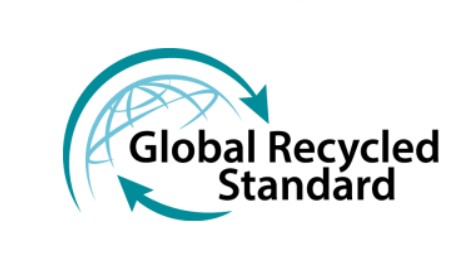
GRS is a set of comprehensive evaluation standards for recycled products, including the verification of recycled ingredients in products, traceability of recycled materials in the supply chain, quality control of the recycled product production process, corporate social responsibility, environmental management, and chemical bans.
Enterprises that meet the above conditions and whose products contain more than 20% recycled content can apply for GRS certification. It should be noted that in order to use the GRS logo on products and communicate the environmental value of products with downstream and consumers, the recycled content of the products must be no less than 50%.
At the same time, in order to avoid unnecessary costs for enterprises caused by repeated assessments, the GRS standard also sets equivalent standards in each module. For example, in the social responsibility module, if the enterprise has successfully passed the BSCI or SA8000 assessment, it can submit relevant certificates within the validity period when applying for certification for partial or full exemption.
Recycling Claim Standard (RCS) Certification
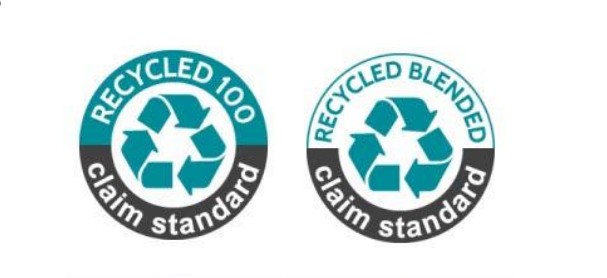
RCS certification is another recycling (regeneration) standard launched by the TE Textile Trade Organization in 2013, which is used to provide certification for products using recycled raw materials.
RCS certification applies to products with recycled raw material content between 5% and 100%.
Responsible Wool Standard (RWS) certification
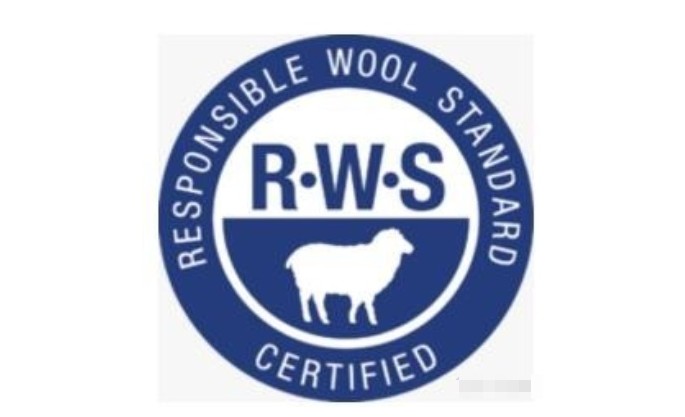
RWS certification is an independent, voluntary standard. On the farm side, RWS certification ensures that sheep are treated with Five Star Freedom and that best practices are followed in terms of managing and protecting the land. Certification ensures wool from certified farms is properly identified and tracked through the processing stage.
In summary, the focus of RWS certification is:
1. Soil management methods used for farming protect the health of the land.
2. Complete supply chain transparency with integrated tracking system.
3. Animal welfare is based on five-star free-range farm animals.
Responsible Down Standard (RDS) certification
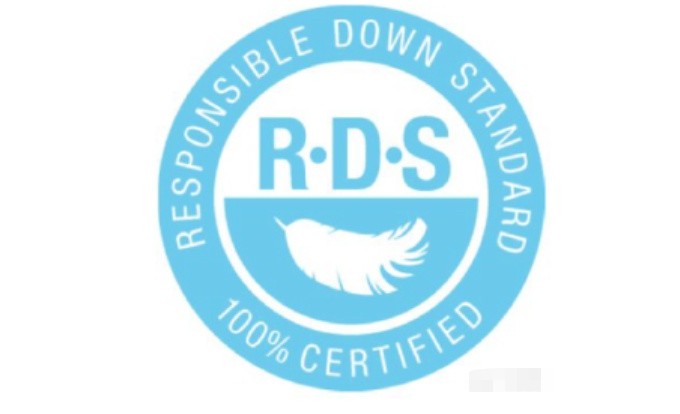
DS is a certification project jointly developed by The North Face under VF Group, Textile Exchange and Control Union Certifications, a third-party certification body in the Netherlands. The project was officially launched in January 2014 and the first certification was issued in June of the same year.
Based on the production process of down to down products, a responsible down tracking system standard has been developed to ensure that the down used comes from waterfowl that are raised in accordance with animal welfare and are not plucking their feathers alive, force-fed, or other inhumane practices.
DS is a certification project jointly developed by The North Face under VF Group, Textile Exchange and Control Union Certifications, a third-party certification body in the Netherlands. The project was officially launched in January 2014 and the first certification was issued in June of the same year.
Based on the production process of down to down products, a responsible down tracking system standard is developed to ensure that the down used comes from waterfowl that are raised in accordance with animal welfare and are not plucking their feathers alive, force-fed, or other inhumane practices.
Better Cotton (BCI)
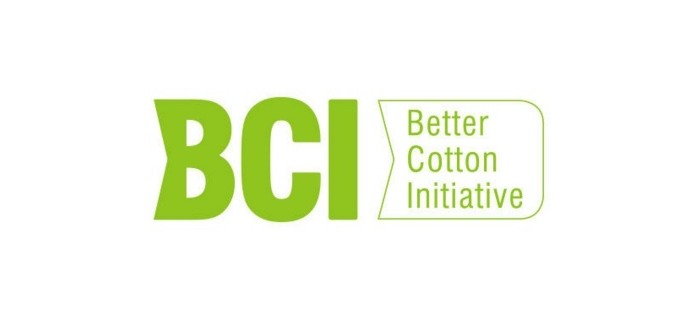
The Better Cotton Initiative (BCI) was registered in 2009 and is headquartered in Geneva, Switzerland. It is a non-profit international membership organization with four representative offices in China, India, Pakistan and London. Currently, it has more than 1,000 member organizations around the world, mainly including cotton planting units, cotton textile companies and retail brands.
BCI works with a wide range of stakeholders to promote better cotton planting projects around the world and promote the circulation of better cotton throughout the supply chain based on the cotton production principles established by BCI. BCI's ultimate goal is to transform the way cotton is produced globally through the development of the Better Cotton Project and make better cotton a mainstream commodity.
Oeko-tex certification
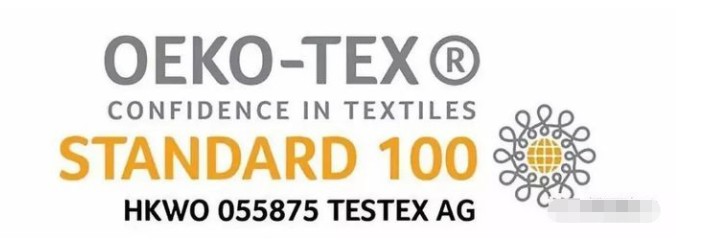
OEKO-TEX® Standard 100 was developed by the International Oeko-TEX® Association in 1992 to test the properties of textiles and clothing products in terms of their impact on human health. OEKO-TEX® Standard 100 specifies the types of known harmful substances that may be present in textiles and clothing products. The test items include pH value, formaldehyde, heavy metals, pesticides/herbicides, chlorinated phenols, phthalates, organotin compounds, azo dyes, carcinogenic/allergenic dyes, OPP, PFOS, PFOA, chlorobenzene and chlorotoluene, polycyclic aromatic hydrocarbons, color fastness, volatile substances, odor, etc.
The products are divided into four categories according to their end use:
Product Category I:
Products for babies and toddlers under 3 years old (underwear, rompers, clothes, bedding, terry products, etc.).
Product Category II:
Items that are worn close to the skin (underwear, bedding, T-shirts, socks, etc.).
Product Category III:
Keep items (jackets, coats, etc.) away from skin.
Product Category IV:
Decorative/furnishing materials (curtains, tablecloths, upholstery covers, etc.).
The above is about textile certification. For more help, please consult Linuo
Get a free quote
Need to chat?
Contact: Mr. He
Service Hotline: 18915035700
Contact address: Room 832, Building 1, No. 19 Lingshan Middle Road, Xixiashu Town, Xinbei District, Changzhou City, Jiangsu Province
